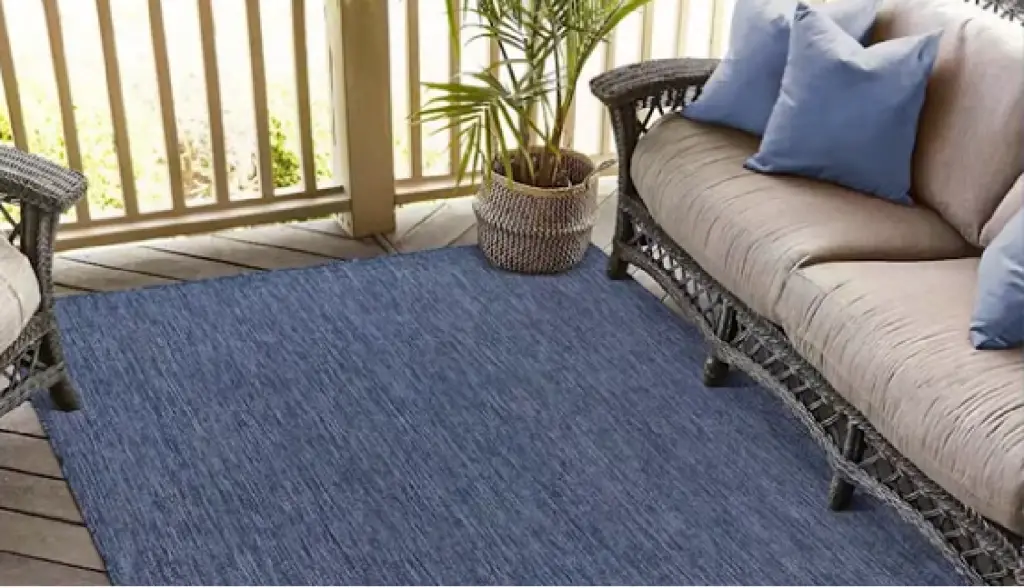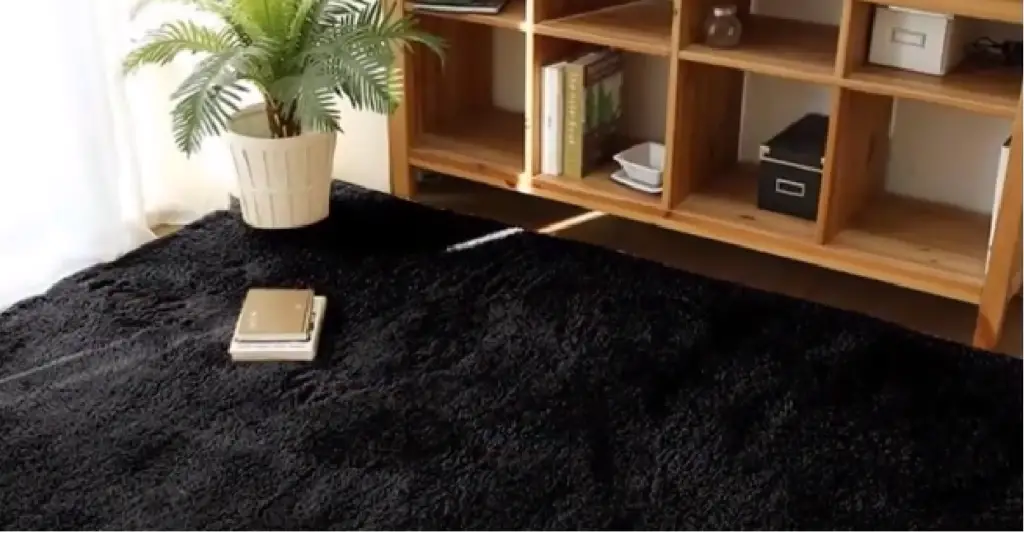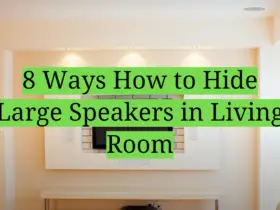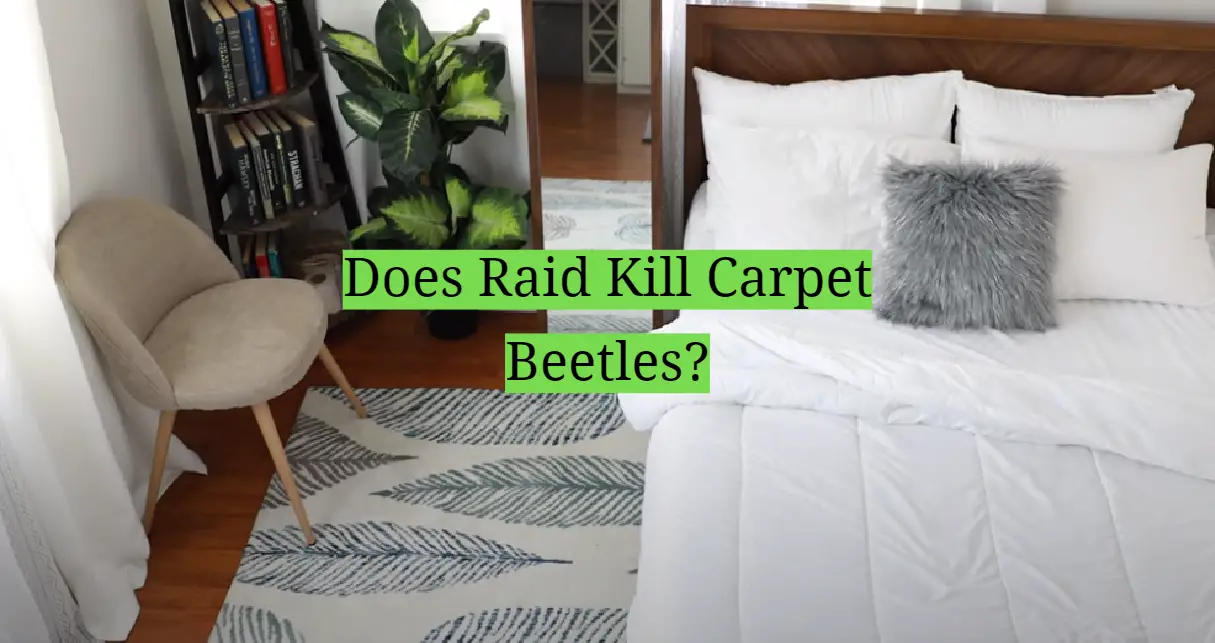Carpet beetles, diminutive yet destructive pests, can cause significant damage to carpets, furniture, and clothing. They feed on fibers, particularly those of animal origin. As these beetles can be difficult to eradicate once an infestation has taken hold, many homeowners turn to insecticides as a solution. One such commonly used product is Raid. This document aims to answer the question: Does Raid effectively kill carpet beetles? We will delve into how Raid works, its efficacy against these household pests, and other preventative measures that can be taken.
Carpet Beetle-Inflicted Damage
Carpet beetles are renowned for the destruction they can wreak within a household. The larvae of these beetles are especially harmful, feasting on a variety of organic materials such as silk, wool, feathers, and fur. They have a particular penchant for devouring the natural fibers in carpets, furniture, and clothing, causing noticeable patches of damage. As a result, an infestation can lead to significant, costly destruction. Moreover, the larvae’s hair can cause allergic reactions in some people, presenting additional health concerns. Understanding the extent of carpet beetle-induced damage is key in appreciating the importance of effective elimination methods, such as Raid, to combat these pests.

How Does Raid Work?
Raid is a common brand of insecticide, designed to both kill existing insects and repel new ones.

Additionally, these ingredients can have residual effects on surfaces they come in contact with for up to one year. This residual effect means that insects such as carpet beetles which come into contact with the treated surface are killed or repelled even after the original product has been applied and dried. Thus, Raid can prove effective in eliminating an infestation by both killing existing pests and discouraging future ones from settling in your home.
Preventing Carpet Beetle Infestation
Preventing a carpet beetle infestation is equally important as dealing with an existing one. The first step in prevention is regular and thorough cleaning. Vacuum your carpets, furniture, and any other potential hiding spots frequently. This will help remove any beetles or larvae that are already present and prevent the accumulation of dust and fibers that they feed on. Additionally, try to keep humidity levels low in your home as beetles thrive in moist conditions. Lastly, consider using protective covers on your furniture and storing clothing in sealed containers when not in use. For added protection, you can also use insecticides like Raid as a preventative measure by spraying them in areas where beetles are likely to settle. By following these steps, you can significantly decrease the likelihood of a carpet beetle infestation in your home.[1]

Is raid effective against carpet beetles?
Raid is indeed effective against carpet beetles. It’s designed to kill various types of insects, including beetles. Its active ingredients interact with the nervous systems of insects, leading to their death. The residual effect of Raid also helps to keep these pests at bay, as any beetles that come into contact with the previously treated surface are likely to die or be repelled. However, it’s important to note that while Raid can help manage a carpet beetle infestation, it should not be solely relied on to eradicate these pests. It’s most effective when used in conjunction with regular cleaning and other preventative measures. Therefore, while the answer to the question “Does Raid kill carpet beetles?” is a resounding yes, the use of Raid should be part of a broader, more comprehensive pest management strategy.

Using Raid for Carpet Beetles
To use Raid for carpet beetles, follow the manufacturer’s instructions carefully. First, ensure that the area is well-ventilated to prevent the inhalation of the spray. Begin by shaking the can well, then hold it upright and spray from a distance of around 18 inches.
Remember, Raid is only one element of a comprehensive approach to managing carpet beetle infestations and should be used in combination with regular cleaning and other preventive measures.
Safety Precautions
While Raid has proven efficacy against carpet beetles, it’s essential to handle this insecticide with caution. Always wear protective clothing, including gloves and a mask, when spraying Raid. Ensure that the room is well-ventilated during and after the application to avoid inhaling the chemical. Keep children and pets away from treated areas until the product has completely dried. If Raid comes into contact with skin or eyes, rinse immediately with plenty of water. Should you feel unwell after using the product, seek medical advice promptly. Similarly, in case of accidental ingestion, contact a poison control center or doctor immediately. Always store Raid in a cool, dry place, out of reach of children and pets. By adhering to these safety precautions, you can use Raid effectively and safely to manage carpet beetle infestations.[4]

Additional Factors to Take into Account
When dealing with a carpet beetle infestation, it’s essential to remember that not all beetles are created equal.
Furthermore, Raid may not be suitable for all situations. For instance, in heavily infested homes or areas, professional pest control assistance may be required. Additionally, while Raid is effective in killing adult beetles and larvae, it may not eliminate eggs. Thus, repeated applications may be necessary to fully eradicate an infestation. Lastly, it’s worth noting that prevention is always better than cure. Regularly cleaning and maintaining your home can go a long way in preventing a carpet beetle infestation, reducing the need for Raid or other insecticides.
FAQ
What is best to kill carpet beetles?
While Raid insecticide can effectively kill carpet beetles, a multi-pronged approach is best for dealing with these pests. This includes thorough and regular cleaning of your home, particularly carpets, furniture, and any areas where beetles are likely to hide. Using a strong vacuum can help remove any beetles, larvae, or eggs that are already present. Insecticides like Raid should be used alongside these cleaning measures for best results. For severe infestations, professional pest control services may be necessary. It’s also worth considering non-chemical methods, such as heat or freezing treatments, which can kill carpet beetles at all stages of their lifecycle. Thus, there isn’t one “best” method to kill carpet beetles, but rather a combination of methods that will be most effective.
How long does Raid last on the carpet?
Raid’s effectiveness depends on various factors such as the level of infestation, the type of carpet, and how often the treated area is cleaned or disturbed. Generally, the residual effect of Raid can last for up to two weeks on the carpet. During this period, it can kill carpet beetles that come into contact with the treated area. However, it’s important to remember that this does not mean that one treatment will solve the problem. Carpet beetles’ eggs could still hatch after this time, necessitating further treatments. Furthermore, if the carpet is heavily trafficked or frequently cleaned, the residual effect of Raid may not last as long. Always remember to follow the manufacturer’s instructions for reapplication and ensure to incorporate other preventive measures in your overall pest management strategy.[2]
Is it necessary to clean up after using RAID?
Yes, it is necessary to clean up after using Raid, but timing is key. You should allow the insecticide to dry completely and leave it undisturbed for a period to let it do its job. This may take a few hours to a day, depending on the specific product and the conditions in your home. After this period, you can clean the treated area. Vacuum the carpet thoroughly to remove any dead beetles or larvae and then dispose of the vacuum bag to prevent re-infestation. Wipe clean any hard surfaces that may have been sprayed. Remember to wear gloves and wash your hands thoroughly afterward. It’s important to note that frequent cleaning after treatment can reduce Raid’s effectiveness, so don’t clean too often or too thoroughly immediately after application. Instead, maintain a reasonable cleaning routine that balances pest eradication with the preservation of the insecticide’s residual effect.
Is it safe to have RAID in my room while I sleep?
It is not recommended to stay in the room while it’s being treated with Raid or immediately after its application. The room should be well-ventilated after spraying and you should avoid the area until the spray has completely dried, as the product contains chemicals that may be harmful if inhaled or come into contact with skin. Moreover, it’s advisable to keep your bedroom doors and windows open for a few hours before you sleep in it post-treatment. If you or your family member have respiratory issues or sensitivity to chemicals, it’s especially important to stay out of the room for an extended period or consider using alternative pest control methods. Always follow the manufacturer’s instructions and safety guidelines to ensure safe usage of the product.
What smell do beetles hate?
Carpet beetles, like many pests, are known to dislike certain odors. Essential oils, such as lavender, peppermint, and cedarwood, are often touted as natural repellents for carpet beetles. These oils can be used in a diffuser or diluted with water and sprayed around the home to deter beetles. Similarly, mothballs, which contain naphthalene or paradichlorobenzene, emit a strong odor that is generally disliked by beetles. However, it’s important to note that these methods may not be effective in treating severe infestations and should be used as a preventive measure or in conjunction with other treatments. As always, ensure to use these substances safely and follow the manufacturer’s instructions.
What is the life cycle of carpet beetles?
The life cycle of carpet beetles typically takes anywhere from two to three months. After an egg hatches, a larva emerges and starts feeding on its food sources such as carpets, furniture, pet hair, or feathers. These larvae then molt several times before they enter the pupal stage, during which they do not feed. After about one week, the beetles emerge in their adult form and start searching for a mate. The adults lay eggs on fabrics to begin the cycle again. At each stage of its life cycle, carpet beetles can be targeted with insecticides or other methods of pest control, so it’s important to have a comprehensive understanding of the beetle’s full lifecycle in order to effectively eradicate them. [3]
Are there alternative methods to get rid of carpet beetles?
In addition to using insecticides like Raid, there are other ways that can help control carpet beetle infestations. These include:
Regularly vacuuming and cleaning your home: This will remove eggs, larvae, and adult beetles and make the environment less suitable for them.
Using traps: These can be effective in monitoring and reducing beetle populations. This is especially useful if you are not sure where the source of infestation is coming from.
Applying insecticidal dust, baits, or foggers: These can penetrate hard-to-reach areas such as cracks and crevices, though they require more thorough preparation and application.
Using physical methods: These may include using heat or freezing treatments to kill carpet beetles at all stages of their lifecycle.
Overall, it’s important to use a combination of methods that will be most effective in successfully eliminating the problem. Remember to follow the instructions for each type of pesticide or treatment and always use protective gear when applying any substances.
Does vinegar kill carpet beetles when sprayed on them?
Yes, vinegar can be used as a natural method to kill carpet beetles and their larvae. The high acidity level of white or apple cider vinegar can help destroy these pests upon contact. It’s best to dilute the vinegar with a bit of water and then spray it directly onto the beetles and the areas where they have been spotted. However, remember that vinegar mainly kills on contact and does not have residual effects. Therefore, it’s best used as a part of a more comprehensive pest control strategy, rather than a standalone solution for severe infestations. Always test a small, hidden area first to ensure the vinegar will not discolor or damage the material.[6]
What can I do to prevent carpet beetles from coming back?
Preventing a carpet beetle infestation in the first place is preferable to having to deal with an established problem. Here are some steps you can take to prevent them:
Regularly vacuum your home, particularly carpets and upholstery, as this will remove larvae and eggs.
Promptly address any moisture problems in the home, such as leaking pipes or overflowing gutters, as carpet beetles are drawn to damp conditions.
Regularly inspect your clothes and other fabrics for signs of infestation.
Check items brought into the house from outside sources such as used furniture or boxes of clothing and store them away from vulnerable areas in your home.
Store food items securely, such as in airtight containers, as carpet beetles feed on stored products like grains and cereal products.
By following these steps, you can make your home less appealing to carpet beetles and reduce the risk of recurrent infestations. As an additional measure, using insecticides or other pest control measures may help ensure that your home is free of carpet beetles.
Do carpet beetles hate baking soda?
Baking soda is often suggested as a home remedy for carpet beetles, primarily due to its abrasive properties which are said to damage the exoskeleton of adult beetles. However, as with vinegar, baking soda’s effectiveness is limited. While it may deter or even kill some adult beetles, it is not likely to have any significant impact on larvae or eggs. Moreover, as baking soda does not possess any known residual killing effect, it is less effective for managing a full-fledged infestation. Thus, while baking soda can be used as part of a broader pest management strategy, it should not be relied upon as the sole method for controlling a carpet beetle problem. As always, a multi-faceted approach that includes preventative measures, regular cleaning, and the use of insecticides or professional pest control services is the most effective strategy for dealing with carpet beetles.[5]
What do carpet beetle eggs look like?
Carpet beetle eggs are tiny and often go unnoticed by the naked eye due to their small size. They’re typically 0.35 mm in size, oval-shaped, and have a creamy white to off-white color. Sometimes, they may have a slight tinge of yellow. The eggs are usually found hidden in dark and secluded places such as in the corners of closets, underneath carpets, or in the padding of upholstered furniture. As it can be difficult to detect these eggs due to their size and often hidden location, a magnifying glass can be useful in identifying them. Please note that the exact appearance of carpet beetle eggs can slightly differ based on the specific species of the beetle. If you suspect an infestation, it’s best to seek professional help to correctly identify and remove the pests.[6]
Useful Video: How To Get Rid Of Carpet Beetles Naturally And Quickly
Conclusion
In conclusion, while Raid can indeed kill carpet beetles, it is not a standalone solution for a beetle infestation. It’s crucial to remember that carpet beetles can return after the residual effect of the insecticide wears off, and eggs could hatch after the initial treatment. Therefore, a comprehensive pest management strategy should include repeated treatments, preventive measures, and thorough cleaning routines. Additionally, alternative methods such as regular vacuuming, the use of traps and other insecticides, and heat or freezing treatments can also be effective in controlling and eliminating carpet beetles. Always follow the manufacturer’s instructions and safety guidelines while implementing these methods to ensure effective and safe pest control.
References:
- https://www.pestcontrolsleuth.com/does-raid-kill-carpet-beetles/
- https://www.raid.com/en-us/products/raid-flea-killer-plus-carpet-and-room-spray
- https://bedbugs.net/does-raid-kill-drugstore-beetles-a-comprehensive-guide-to-effectively-eradicating-these-pests/
- https://homeardent.com/does-raid-kill-carpet-beetles/
- https://pallentor.com/raid/does-raid-kill-carpet-beetles/
- https://www.greenixpc.com/blog/pest-prevention/essential-oils-that-repel-insects-naturally/














Leave a Reply